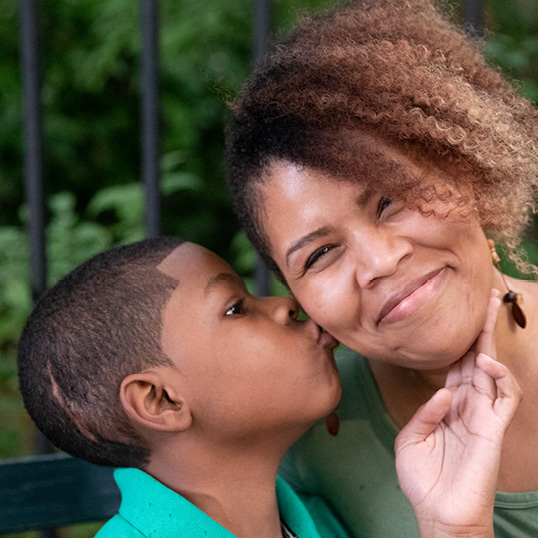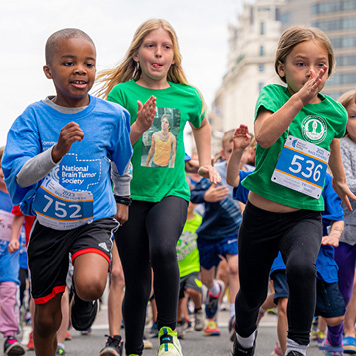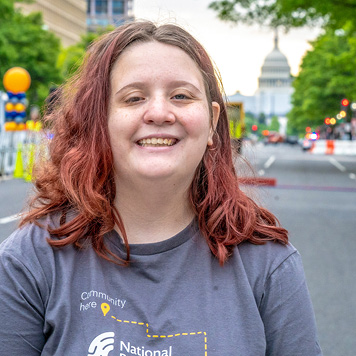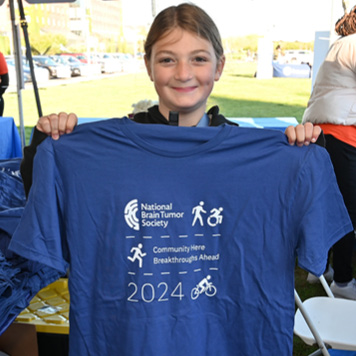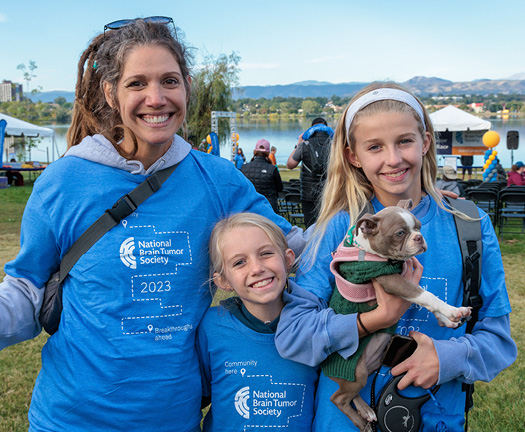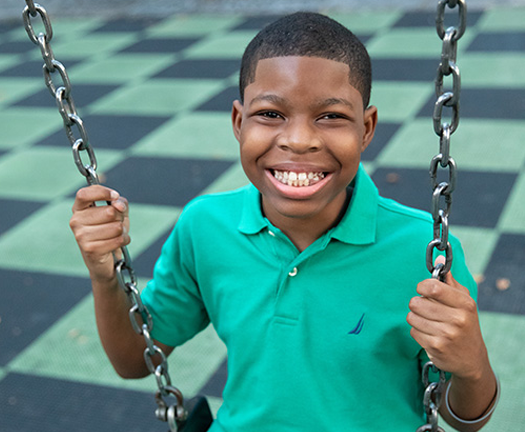-
Brain Tumors

MyTumorID™
Join NBTS’s campaign to raise awareness about the importance of biomarker testing and clinical trials for patients with brain tumors.
READ MORE -
Support Services

Get Support Now
Connect with our expert team for personalized brain tumor navigation, including the resources and support you need.
CONTACT US - Research
- Advocacy
-
Events
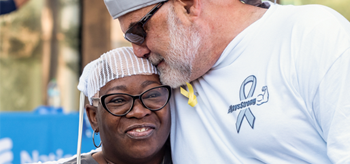
GBM Awareness Day
Come together to raise nationwide awareness about glioblastoma (GBM), the most common, complex, treatment-resistant, and deadliest type of brain cancer.
LEARN MORE - Take Action
- About Us
